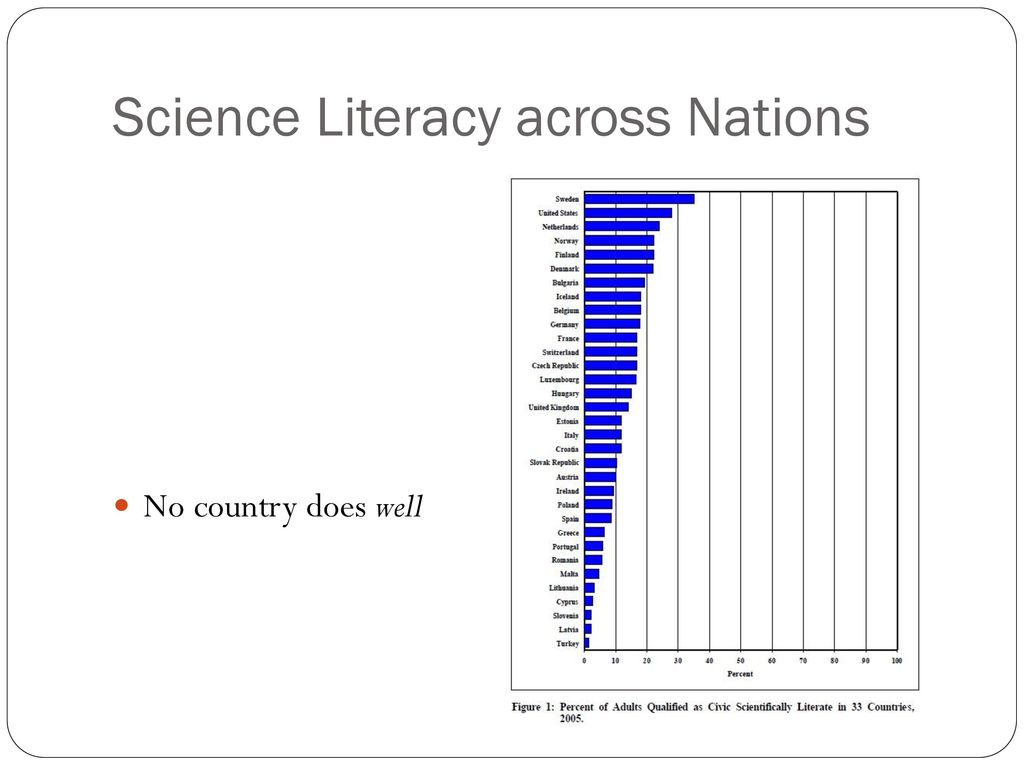
Jones, School of Engineering and Applied Science, University of Virginia Ellen Lettvin, Informal STEM Learning, U.S. Flanigen, consultant, White Plains, New York Cary Funk, Research on Science and Society, Pew Research Center Anita K. Department of Energy Anthony Dudo, Stan Richards School of Advertising & Public Relations, Moody College of Communication, University of Texas at Austin Gerald Gabrielse, Department of Physics, Harvard University Edith M. Borchelt, Communications and Public Affairs, Office of Science, U.S. Bauer, Department of Social Psychology and Research Methodology, London School of Economics Rick E. Bakken, Center for Evidence-based Practice in the Underserved, Reducing Health Disparities Through Informatics, Columbia University Martin W. We thank the following individuals for their review of this report: Suzanne R. The review comments and draft manuscript remain confidential to protect the integrity of the process. The purpose of this independent review is to provide candid and critical comments that will assist the institution in making its published report as sound as possible and to ensure that the report meets institutional standards for objectivity, evidence, and responsiveness to the charge. This report has been reviewed in draft form by individuals chosen for their diverse perspectives and technical expertise, in accordance with procedures approved by the Report Review Committee of the Academies. The committee also heard from Philip Kitcher, Columbia University, on the relationship between democracy and science literacy.Īt the second meeting, the committee heard from Dietram Scheufele, University of Wisconsin–Madison, on science communication Ellen Peters, Ohio State University, discussed numeracy John Durant, director of the museum of the Massachusetts Institute of Technology, and Larry Bell, senior vice president for Strategic Initiatives at the Museum of Science–Boston, talked about the role of informal learning institutions in addressing issues around science literacy. Dan Kahan, Yale University, provided insight into his research on the relationship between world views (such as political orientation or values) and science literacy. At the first committee meeting, Jon Miller, University of Michigan, provided a thorough explanation of his foundational thinking on defining and measuring science literacy.

Over the course of the study, committee members benefited from discussion and presentations by the many individuals who participated in our two public meetings. We particularly thank Carrie Wolinetz from the Office of Science Policy, who provided the committee with insight into how the NIH plans to use this report. This report would not have been possible without the contributions of the staff of the National Academies of Sciences, Engineering, and Medicine, the study committee, and many other experts.įirst, we acknowledge the sponsorship of the National Institutes of Health (NIH).


 0 kommentar(er)
0 kommentar(er)
